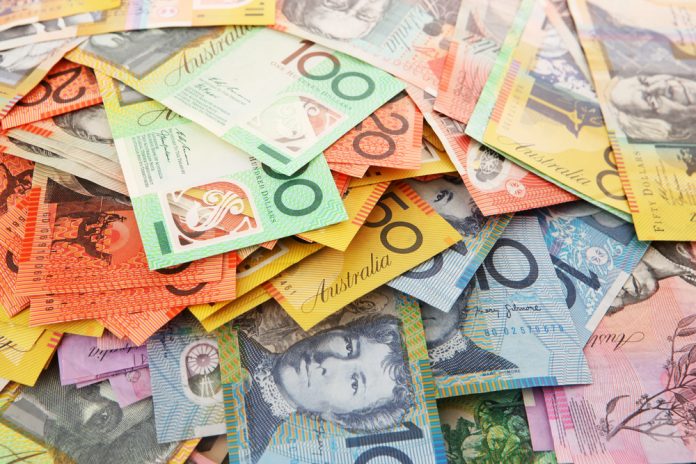The Reserve Bank of Australia (RBA) has raised the cash rate target by 25 basis points to 4.35%.
It has also increased the interest rate paid on Exchange Settlement balances by 25 basis points to 4.25%.
RBA Governor Michele Bullock says inflation in Australia has passed its peak but is still too high and is proving more persistent than expected a few months ago.
“The latest reading on CPI inflation indicates that while goods price inflation has eased further, the prices of many services are continuing to rise briskly,” she says.
“While the central forecast is for CPI inflation to continue to decline, progress looks to be slower than earlier expected. CPI inflation is now expected to be around 3.5% by the end of 2024 and at the top of the target range of 2% to 3% by the end of 2025. The Board judged an increase in interest rates was warranted … to be more assured that inflation would return to target in a reasonable timeframe.”
The RBA has held interest rates steady since June following an increase of four percentage points since May last year.
Ms Bullock says the Board had judged that higher interest rates were working to establish a more sustainable balance between supply and demand in the economy.
“Furthermore, it had noted that the impact of the more recent rate rises would continue to flow through the economy. It had, therefore, decided that it was appropriate to hold rates steady to provide time to assess the impact of the increase in interest rates so far,” she says. “In particular, the Board had indicated that it would be paying close attention to developments in the global economy, trends in household spending, and the outlook for inflation and the labour market.”
Since its August meeting, the Board has received updated information on inflation, the labour market, economic activity and the revised set of forecasts.
“The weight of this information suggests that the risk of inflation remaining higher for longer has increased,” says Ms Bullock.
A ‘significant blow’ for retailers
The Australian Retailers Association (ARA) says the RBA’s decision is a “significant blow” for the retail industry heading into the “all-important” Christmas and holiday trading period.
“Retailers and Australians are already under significant pressure, and Melbourne Cup Day’s rate increase will only pile on further pressure,” says ARA CEO Paul Zahra.
“This rate increase will have a significant impact on discretionary spending, at a time where many retailers are struggling to remain sustainable due to the rising cost of doing business.
“Christmas and the holiday season are when discretionary retailers make up to two-thirds of their profits to sustain them during the winter months and hence, they will be devastated by today’s decision.”
Mr Zahra says the retail industry – particularly small business – is still reeling after 12 interest rate hikes between May 2022 and June 2023.
“Continued interest rate hikes have the dual effect of reducing customer spending while also increasing business costs – during a time where the industry is already under enormous pressure,” he says.
The ARA and Roy Morgan predict shoppers will spend $66.8 billion between the start of November and Christmas Eve, essentially the same as in 2023.
This projected spend, however, will be impacted by the RBA’s decision, according to the ARA.
“In context, having the same level of Christmas spending as last year is concerning, particularly given we’ve seen the population grow by more than one million over the past year with more migrants returning as well as international students and inbound tourism along with price increases by unavoidable supply chain cost increases, particularly in food,” says Mr Zahra.
“[The RBA’s] decision will make the next two months a very nervous period for retailers.”




